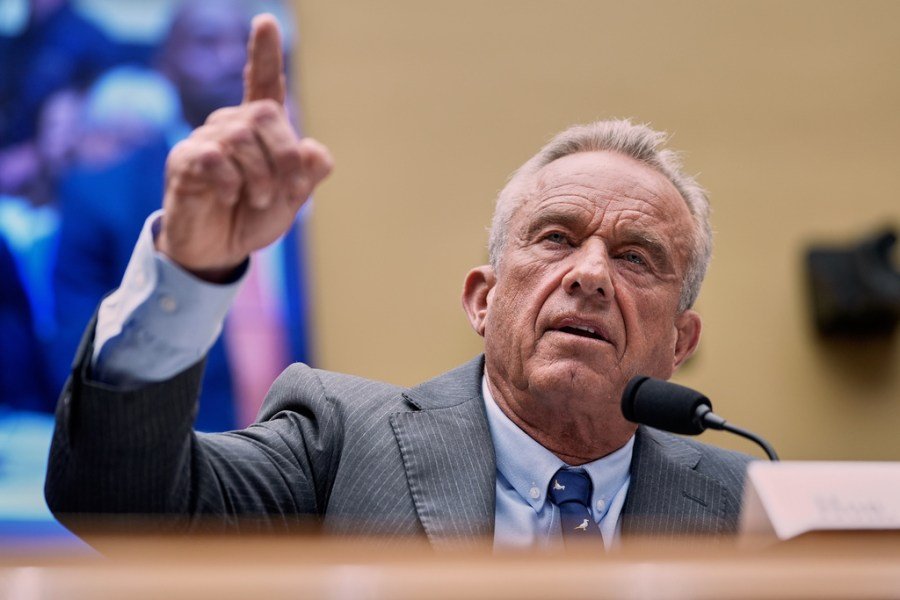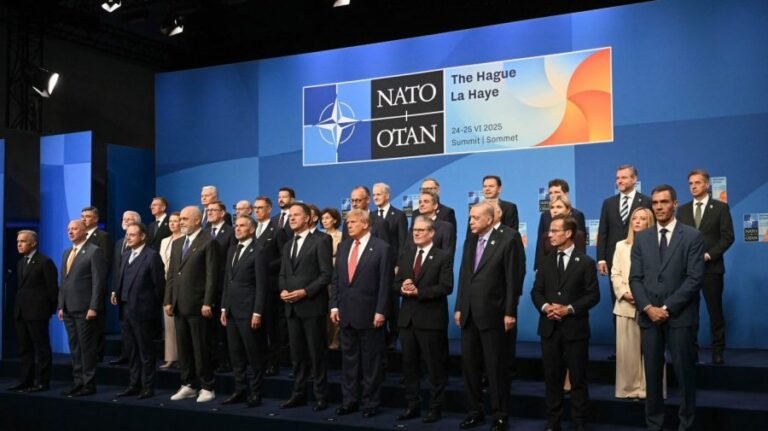
Health and Human Services Secretary Robert F. Kennedy Jr. recently revamped the federal Advisory Committee for Immunization Practices committee, firing all its members and naming eight new ones in their place.
Such abrupt upheaval is in line with the disruptive nature of the current administration, focusing on putting people in positions of authority that support the administration’s agenda. But Kennedy deflected any such criticisms, stating that all such changes were necessary due to conflicts of interest that the dismissed committee members had with pharmaceutical companies.
Before simply bashing the eight new members, it is worthwhile to recognize that they are all highly accomplished in their fields. The biggest question is whether their experience and skills align with the responsibilities and needs of the advisory committee, and whether such a mix of people will serve the best interests of the nation with respect to immunization policy.
Though I cannot comment on all of the new members, I have considerable background in common with two of them — Martin Kulldorf and Retsef Levi. Both graduated from the operations research doctoral program at Cornell University, the same program from which I graduated.
Operations research is a field that creates and uses mathematical models to support decision-making. It is widely used across government and numerous industries, including transportation, manufacturing, healthcare, and finance.
Kulldorf’s background is in probability theory. His career path eventually took him to health policy and biostatistics. He was on the faculty of the Harvard Medical School for nearly two decades. His scholarly record is superb. He became most famous during the COVID pandemic for views that were contrary to the mainstream public health field at the time, since he supported natural immunity for young people while protecting the health of the most vulnerable. This was the primary thesis of the Great Barrington Declaration, which he co-authored.
Levi is on the faculty of the Sloan School of Management at MIT. He is well trained in mathematical modeling for operations, with a focus on risk mitigation. He has done considerable research on healthcare issues, though it is just one of his many interests, as evidenced by his extensive and diverse list of publications. He is member of the Mass General Research Institute.
So why is there such an uproar about these two individuals (as well as the other six members who will constitute the new advisory committee) joining the nation’s primary advisory group for immunization policy in the U.S.? The reason is that these new members are not part of the mainstream immunization community. Their views, based on their writings and public statements, are not aligned with what has been recommended by previous members of the Advisory Committee for Immunization Practices.
This means that the recommendations of the new committee risks being different from those of previous committees.
One place that this could be felt is with the Childhood and Adolescent Immunization Schedule, which is one of the committee’s primary responsibilities. Yet before assuming that wholesale changes in this schedule are imminent, several decades of experience with these vaccines have produced a large body of data on their safety and effectiveness. Although the new members may have ideologies that are not considered mainstream, they are also sufficiently skilled to understand data and curious enough to ask questions before making sweeping changes that could affect population health and influence health insurance coverage policies.
If Kennedy had added some of these new people to the advisory committee rather than simply firing the entire committee, he would have found far less resistance from the many medical associations and societies asking for reinstatement of the fired members. Instead, he opted to take a more radical approach, which has placed him and the new advisory committee members under needless attack.
The recent JAMA article, coauthored by the fired members, masterfully articulates the long history of vaccines and their benefits. It also criticizes the process by which they were fired, and the risks with the new committee.
Given the size of the committee, it would behoove Kennedy to reinstate some of the fired members, providing a healthy atmosphere for discussion and debate. Indeed, having a committee that is ideologically biased in any direction is certain to yield suboptimal policies, with the the meeting that starts today being the committee’s first test.
If Kennedy is so confident in his beliefs, then he should welcome having people on the committee who provide some resistance. Such a balanced environment would give all stakeholders a voice, with the necessary data used to support or deflect new or existing policies. That would temper the politics of any new recommendations and provide a pathway for immunization policy that would best serve the nation’s public health interests.
Sheldon H. Jacobson, Ph.D., is a professor in the Grainger College of Engineering and the Carle Illinois College of medicine at the University of Illinois Urbana-Champaign.






